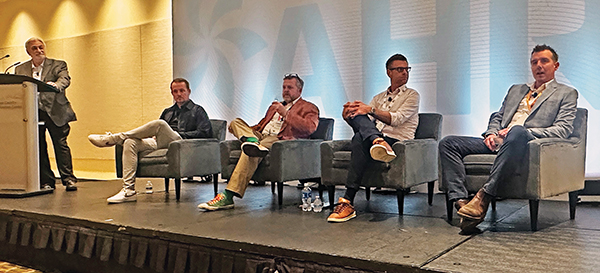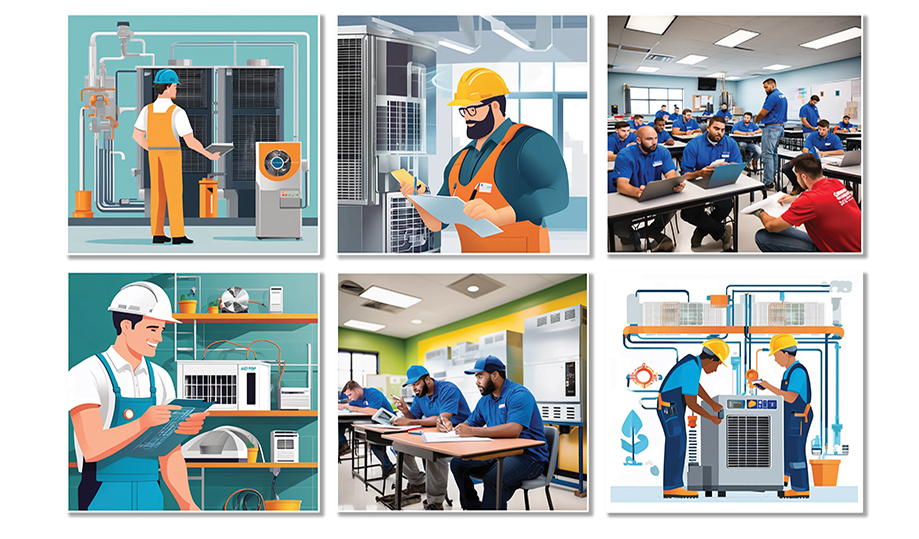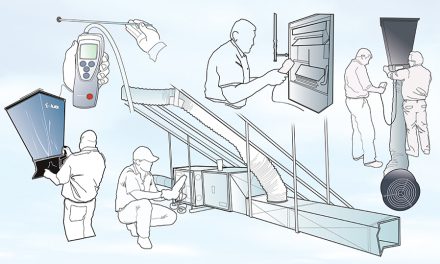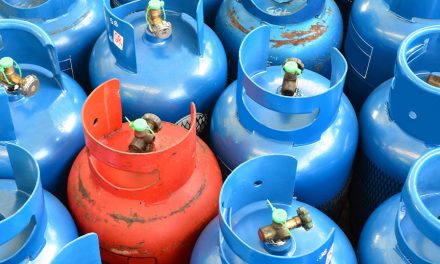Recruiting, training, and retaining a strong HVAC workforce has never been more critical. I recently moderated a panel discussion during the 2025 AHR Exposition in Orlando, Florida. The panel consisted of five HVAC contractors from across the U.S. who included the following:
- Tom Hearn of Hearn Plumbing, Heating, and Air, Madison, OH
- Bryan Orr of Kalos Services, Clermont, FL
- Chad Simpson of Simpson Salute Heating, Canton, OH
- Chuck Worley of Worley Home Services, Yorktown, VA.

The panel’s premise was to address how we, as an industry, can attract and retain great people to our teams. We started the discussion by reviewing the U.S. Department of Labor projection that within five years, one in two HVAC technicians would leave the industry due to retirement or career changes.
Frankly, that statistic should sound alarm bells for contractors everywhere. The question isn’t just how we replace them — how do we build a motivated, skilled, engaged, sustainable workforce?
The Growing Labor Shortage and Its Impact
The HVAC industry started blaring warnings about the shrinking labor pool a few years ago. We are facing a generational shift — many seasoned HVAC professionals are retiring, and fewer young people are entering the trades. During the AHR panel discussion, we all agreed that while this issue has been discussed at conferences for years, the time for action is now.
Panelist and contractor Bryan Orr said, “We started with three employees back in 2005. Now, we have over 330. But finding and keeping great people has become harder than ever.”
Orr, a self-proclaimed HVAC nerd who talks on the Internet, also said that the demand for HVAC services is increasing, but the workforce to meet that demand isn’t growing at the same pace. That means companies have to be more strategic than ever in recruiting and training new technicians.
Chuck Worley added another perspective: “When I started over in 2016, I realized quickly that the old ways of hiring weren’t going to cut it. We needed to get in front of younger people and show them that HVAC is a career where they can make a great living.”
Click Below for the Next Page:













Recent Comments